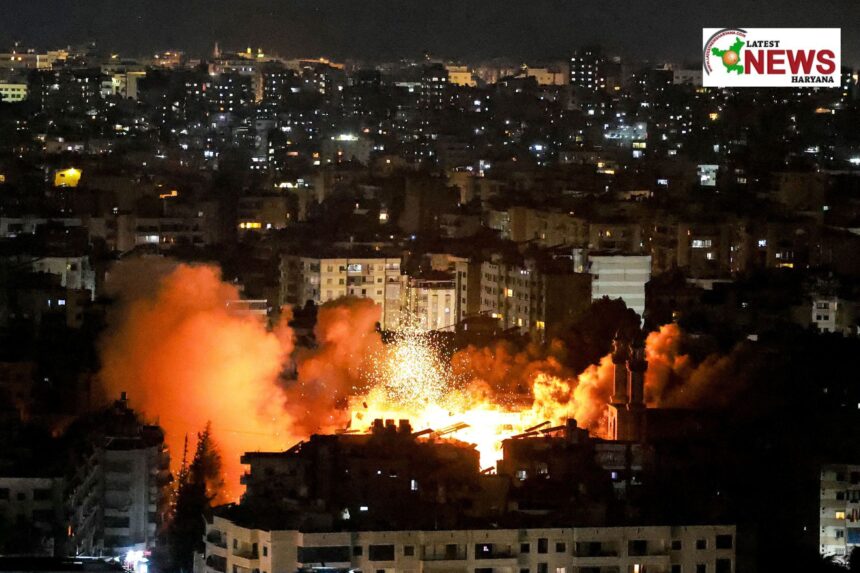Middle East Boils Again: Israel Launches Aggressive Strikes on Yemen
In a dramatic turn of events, the Israel Defense Forces (IDF) have launched new airstrikes targeting Houthi rebel-controlled areas in Yemen. The Israel strikes hit multiple strategic locations, including Hodeidah Port, Ras Isa, and a major power plant. These facilities are believed to be used for launching drone and missile operations against Israeli interests in the Red Sea.
According to military sources, the operations were carried out with precision to disable the Houthis’ ability to threaten maritime traffic and regional allies. The Galaxy Leader, a ship seized earlier by the Houthis and reportedly used for surveillance, was also targeted during the operation.
After Israel Strikes, Houthis Fire Missiles at Israel, Raising Alarm in Jerusalem
In a swift retaliation, Houthi forces fired multiple ballistic missiles toward southern Israel, triggering emergency sirens in Jerusalem and surrounding areas. While no injuries were reported, the incident adds a dangerous layer to an already volatile region.
This exchange of attacks signals a significant escalation in what is increasingly becoming a multi-front conflict. Analysts warn that the repeated Israel strikes on Iranian-backed factions could provoke a wider proxy confrontation in the Middle East.
Red Sea Trade at Risk: Global Concerns Mount
The Red Sea, a vital passage for international maritime trade, is once again in jeopardy. Since late 2023, Houthi naval threats have already led to over a hundred shipping incidents. With key infrastructure like ports and energy supply facilities in Yemen now under fire, there are growing fears about disruption to global oil routes and humanitarian supply chains.
Western powers, including the United States and United Kingdom, have previously intervened in similar scenarios. However, Israel’s direct involvement may reshape the regional security landscape altogether.
Regional Implications and Iran’s Shadow Role
These airstrikes are not isolated incidents. According to Israeli intelligence, the Houthis receive advanced drones and missiles from Iran, making them an extension of Iran’s regional influence. As Israel increases its operations not just in Gaza and Lebanon, but now Yemen, it appears committed to confronting Iranian proxies wherever they operate.
The “Operation Black Flag”, reportedly the name for this recent offensive, could mark the beginning of a sustained Israeli campaign in the southern Red Sea region.
The fresh Israel strikes in Yemen have pushed the region into deeper uncertainty. With retaliatory missile fire, heightened naval risk, and the looming threat of a broader Iran-Israel showdown, the coming days could be critical in determining the Middle East’s stability. International actors may soon be forced to intervene to prevent full-blown regional war.




